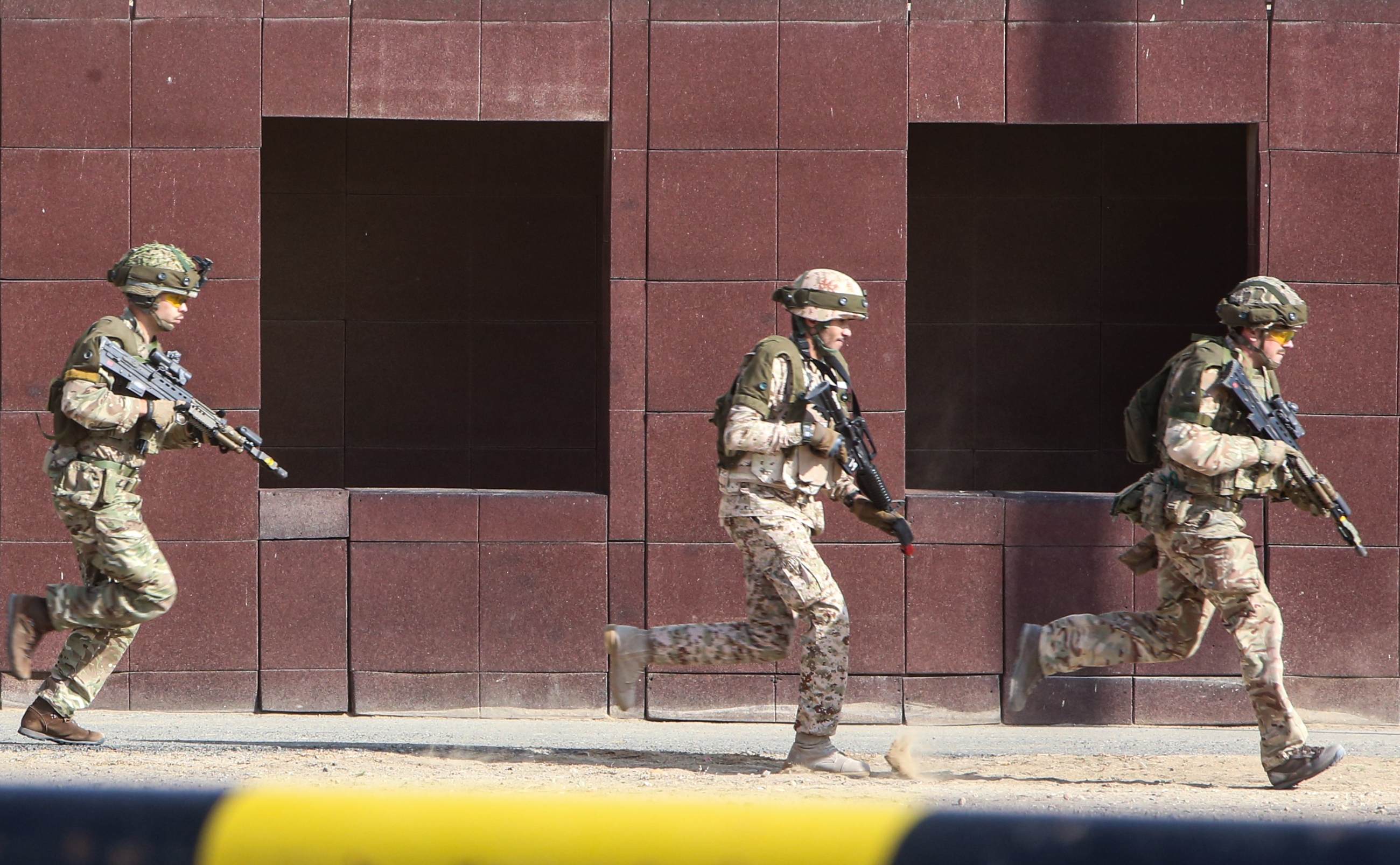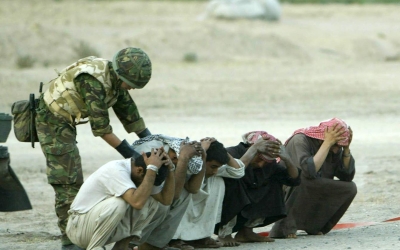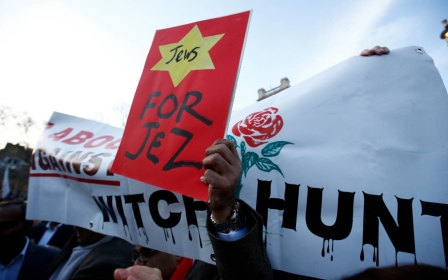Three UK Labour MPs demoted over opposition to torture prosecution bill

Three Labour MPs have lost their roles in the United Kingdom shadow cabinet after voting against a government bill designed to protect British soldiers from historical murder or torture prosecutions.
Nadia Whittome, Beth Winter and Olivia Blake defied the party whip - which called for MPs to abstain on the bill - and voted against, joining former leader Jeremy Corbyn and 14 other left-wingers in the party.
In a statement after the vote, Whittome said the outcry from human rights organisations should have alerted MPs to the risk the bill posed.
"It strikes me that if a piece of legislation has had concerns raised by the Equality and Human Rights Commission, the British Legion, Amnesty International and other organisations on the front line of supporting veterans and defending human rights, we need to stop and ask ourselves why," she said.
The legislation introduces a "statutory presumption against prosecution" from five years after the date of any alleged abuses, to apply to all British military personnel.
Right-wing MPs have, for several years, campaigned for laws to protect British soldiers from what they branded "vexatious" suits brought by human rights lawyers.
However, even some members of the ruling Conservative Party have expressed concerns regarding the bill, with former defence secretary Malcolm Rifkind warning that the new law could risk "undermining the UK's position as a champion for the rule of law".
'Unscrupulous lawfare'
The UK's Ministry of Defence (MoD) has condemned what it decries as unscrupulous "lawfare" - a claimed tendency for human rights lawyers to launch post-conflict litigation on behalf of individuals who were affected by the wars in Iraq and Afghanistan, and by the 30-year conflict in Northern Ireland known as the Troubles.
Supporters of the bill are also angry that a small number of former soldiers accused of the unlawful killing of Iraqi civilians following the 2003 invasion have faced repeated criminal investigations, some of them dragging on for years.
Because the bill concerns only overseas operations, the Northern Ireland conflict is excluded from its provisions, although UK Defence Secretary Ben Wallace told MPs on Wednesday that further measures were being planned to cover Northern Ireland.
Opponents of the proposed new law say its supporters' claims that it is intended in part to end "vexatious" compensation cases against ex-soldiers are disingenuous, because such cases are always brought against the MoD itself, and not individual service personnel.
However, opponents are more concerned by the criminal law clauses in the Overseas Operation Bill, which propose a "presumption" against prosecution for any offences other than rape or sexual violence; a five-year statute of limitation for any such prosecutions; and the required permission of the attorney general before any case could proceed.
Middle East Eye delivers independent and unrivalled coverage and analysis of the Middle East, North Africa and beyond. To learn more about republishing this content and the associated fees, please fill out this form. More about MEE can be found here.





